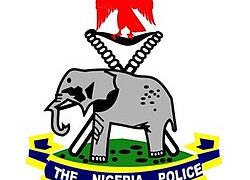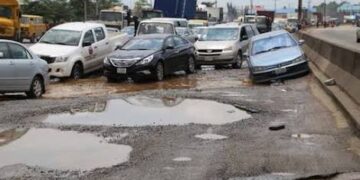History was made on Thursday as Cardinal Robert Francis Prevost, a 69-year-old prelate from Chicago, Illinois, was elected as the 267th pontiff of the Roman Catholic Church, assuming the papal name Pope Leo XIV.
The conclave of 133 cardinals at the Vatican concluded with Prevost receiving the mandatory two-thirds majority, formally ushering in a new chapter in the Church’s leadership.
This marks the first time in over two millennia of papal history that a native of the United States has been elected to the highest office in the Catholic Church.
Addressing thousands of faithful gathered in St. Peter’s Square shortly after his election, Pope Leo XIV’s first words resonated with humility and peace: “Peace be with you all.”
The crowd erupted in cheers as white smoke rose from the Sistine Chapel chimney—a traditional sign that a new pope had been chosen.
Born in Chicago in 1955, Prevost studied Mathematics at Villanova University in Pennsylvania before earning a diploma in Theology from the Catholic Theological Union, Chicago. He furthered his education in Canon Law at the Pontifical University of Saint Thomas Aquinas in Rome.
Ordained a Catholic priest at 27, the new pope devoted much of his life to missionary work in Latin America. He spent many years in Peru, eventually serving as Bishop of Chiclayo from 2014 to 2023. In recognition of his deep connection with the country, he was granted Peruvian citizenship in 2015.
Fluent in English, Spanish, and Italian, Pope Leo XIV’s diverse linguistic abilities and global pastoral experience are seen by many as assets in his new role.
Before ascending to the papacy, Prevost was serving as Prefect of the Dicastery for Bishops—a powerful Vatican department that oversees the appointment of bishops around the world.
His experience in ecclesiastical governance and global pastoral care is expected to shape his vision for the Church moving forward.
“Cardinal Prevost has always been a man of great humility, intellect, and spiritual depth. His missionary years in Peru shaped his commitment to the marginalized,” said Fr. Javier Morales, a longtime colleague in South America.
Catholics across the world have welcomed the news with enthusiasm. “It’s a powerful message of inclusion and universality,” said Sister Angela O’Connor, a missionary in Kenya.
“For the first time, a pope who understands the cultural complexities of the Americas and the Global South now leads us.”
The name Leo XIV also carries significance. The new pope becomes the 14th to bear the name Leo—a name historically associated with reform and strength in the papacy.
The most famous of his papal namesakes, Leo XIII, was known for his forward-thinking encyclicals on social justice and labor rights.
Political reactions have also poured in. The U.S. Conference of Catholic Bishops released a statement saying, “We rejoice at the election of one of our own. Pope Leo XIV has served the Church with profound faith and commitment. We pray for strength and wisdom as he leads the global flock.”

























